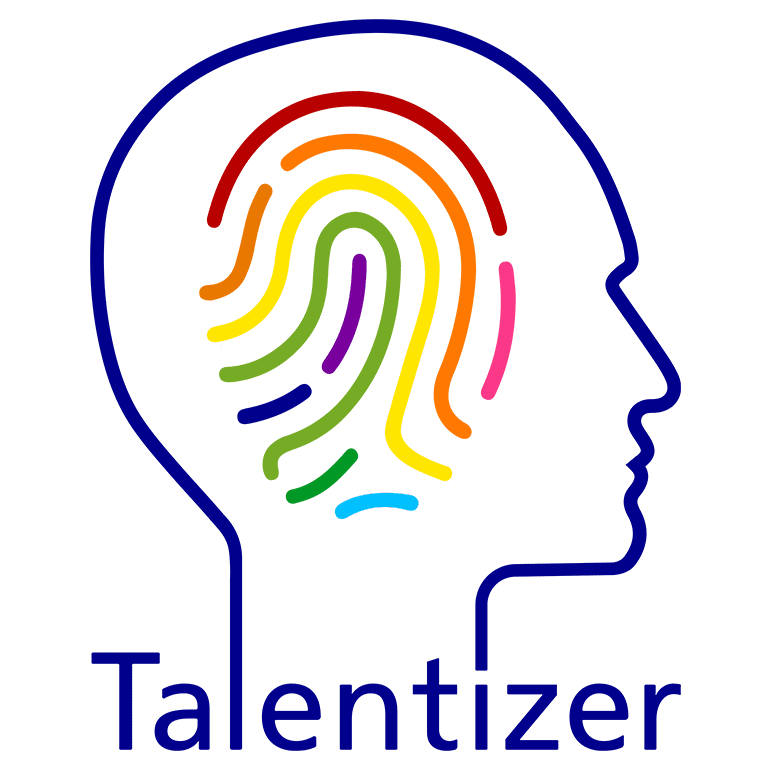 (quote Frouke Vermeulen, author of the book “Vechten tegen verveling” -gevangen in een bore-out)
(quote Frouke Vermeulen, author of the book “Vechten tegen verveling” -gevangen in een bore-out)
You have quite a nice job with nice colleagues. The work is not too hard, the quantity is just right and it doesn't take much of a headache. A job that is easy to combine with your home situation. The days string themselves together. On an average working day, you are busy with all kinds of things. At the end of the day, you sometimes wonder what you have actually done and contributed. But you've been busy, you receive your salary...
Time passes and gradually, a feeling of dissatisfaction has crept in. A feeling you can't put your finger on. At work, you complain more often about how things are handled and other issues. You feel tired more often, physically and/or mentally, and at night you lie awake regularly. You feel something is wrong, but what?
How long has it been since you felt satisfaction at the end of the work day or work week?
Weeks, perhaps months, have gone by. By now, you are to the point where you are eagerly awaiting the end of the workday and counting down every minute to be able to go home. Back home, you are capable of nothing. Even on the weekends, you hang out on the couch more than you get off. You don't feel like doing anything and are so tired. Your roommates notice you are somewhat grumpy and sometimes have a short fuse.
Shame and guilt keep you from telling others about what is on your mind and how you feel. You like to put things in perspective: "What am I whining about, at least I have a job with nice colleagues and good working conditions. In time things will change and improve. And if I work a little harder, the day will pass quickly. That one inexplicable crying fit or tantrum from last week, well that happens to everyone, doesn't it?
And so you've been at it for a long time, maybe for years. Both at work and at home, you play the part. Perhaps you will continue like this until your body and mind call a halt. Or......... you take a moment today to consider the following:
"When your soul is bored, it moves heaven and earth to get your attention.”
You may be heading for the little brother of burnout: so-called bore-out, which means you are sick (getting sick) of boredom even though you are busy doing all kinds of things daily. Severe boredom at work can lead to stress and even depression. With boredom leading to a bore out, a person is not challenged and stimulated enough, if at all, and cannot do the things that energize them.
The book“Vechten tegen verveling” -gevangen in een bore out- written by Frouke Vermeulen is highly recommended if you want to know more about a bore out. She recognized in herself and recognizes in the people she coaches 4 phases in the development of the eventual bore out:
- Oké phase, 2. Relativity phase, 3. Alarm phase, 4. Collapse phase/Bore out.
How do you prevent a bore-out or its recurrence?
Live and work from who you are instead of exclusively continuing to do what you can.
Know your nature/character, know what you were born for, what motivates you intrinsically, your needs and your energizers. In short, know your strong coretalents and live them.
Nick, 43 years old, called at the last minute to make an appointment for a coretalents analysis. For the 3rd time, he was homesick because of what was thought of as a burn out. Nick really wanted to work and felt that it made him feel better. The content of his work had been adjusted to prevent Nick from losing too much energy. He wanted to work partly at home and partly in the office for the time being, but that did not fit with the organization's policy. Recently, something had occurred at work in which Nick had reacted out of proportion and had even become aggressive. The supervisor had advised him to call in sick again and not work for now. It seemed a good idea if Nick would come by twice a week to have coffee or lunch with colleagues. That way, he still felt involved with the supervisor and was out for a while.
The coretalents analysis revealed that 19 of the 23 Coretalents were strongly present in Nick. The check to what extent Nick could use these in his work quickly showed that he was suffering from bore-out instead of burn-out. Taking it easy and less challenging work was disastrous for him. Of the four coretalents that were not strong, "Passive Sociability" was one of them—being with others without action or purpose for socializing and small talk costs Nick tons of energy. The well-meaning advice from supervisors did not suit Nick and thus backfired. With his need for autonomy, variety, and challenge, he would benefit more from being allowed to discover and determine for himself what work he could handle in his current situation and where and when he preferred to do it.
Ageeth van der Velden



